In the context of the world's many environmental challenges, behavioral economics has emerged as a powerful yet subtle approach to promoting sustainable change.
Vietnam is at a critical juncture in its complex economic development journey. As a developing country facing serious environmental challenges, Vietnam needs innovative approaches to sustainable development that go beyond traditional policymaking.
In this context, behavioral economics offers an innovative perspective and nuanced interventions to promote real environmental and economic change.
This is a new branch of economics that uses knowledge from other social sciences such as psychology and sociology to better understand economic and business decisions.
Behavioral economics challenges the assumption of pure economics that people always make decisions purely based on reason. Instead, behavioral economics recognizes that human choices are influenced by psychological, social, and emotional factors. For Vietnamese businesses, this understanding opens up many new possibilities for sustainable development.

Dr. Ha Thi Cam Van, lecturer at RMIT University
The power of "nudge"
An “environmental nudge” is a subtle environmental or design intervention that nudges people toward more sustainable choices without taking away their freedom of choice.
For businesses looking to operate “greener,” they can consider simple workplace measures such as placing recycling bins in strategic locations, adding notes near light switches indicating how much CO2 emissions can be saved by turning off the lights, or designing room temperature controls to prevent unnecessary use of air conditioning.
The power of behavioral economics is that it can change people's behavior by changing the environment. So seemingly small interventions like the above can reduce resource waste and promote environmental awareness.
Economic benefits from sustainable development
Contrary to the misconception that “sustainability is expensive,” behavioral economics shows that small changes can lead to significant cost savings. For Vietnamese SMEs struggling to survive, these strategies offer a dual benefit: reducing costs while also helping the environment.
Large companies have even more potential. By investing in green technologies like solar panels, modifying manufacturing processes, and embedding sustainability into their corporate culture, they can make meaningful changes.
Call to action
Developing and developed economies are looking for innovative approaches to achieving sustainability. Behavioral economics provides a framework that is universally applicable and adaptable to diverse cultural and economic contexts.
Now, thanks to technology and internet connectivity, we can learn from each other much more easily. Solutions that work in one place can be adapted and refined for another, creating a global knowledge ecosystem around sustainable practices.
The message for businesses is clear: the most effective sustainability strategies are not about banning or restricting, but are intelligently designed to help sustainable choices become natural, meaningful and have real value.
Source: https://phunuvietnam.vn/loi-ich-kinh-te-tu-phat-trien-ben-vung-20241212145724419.htm




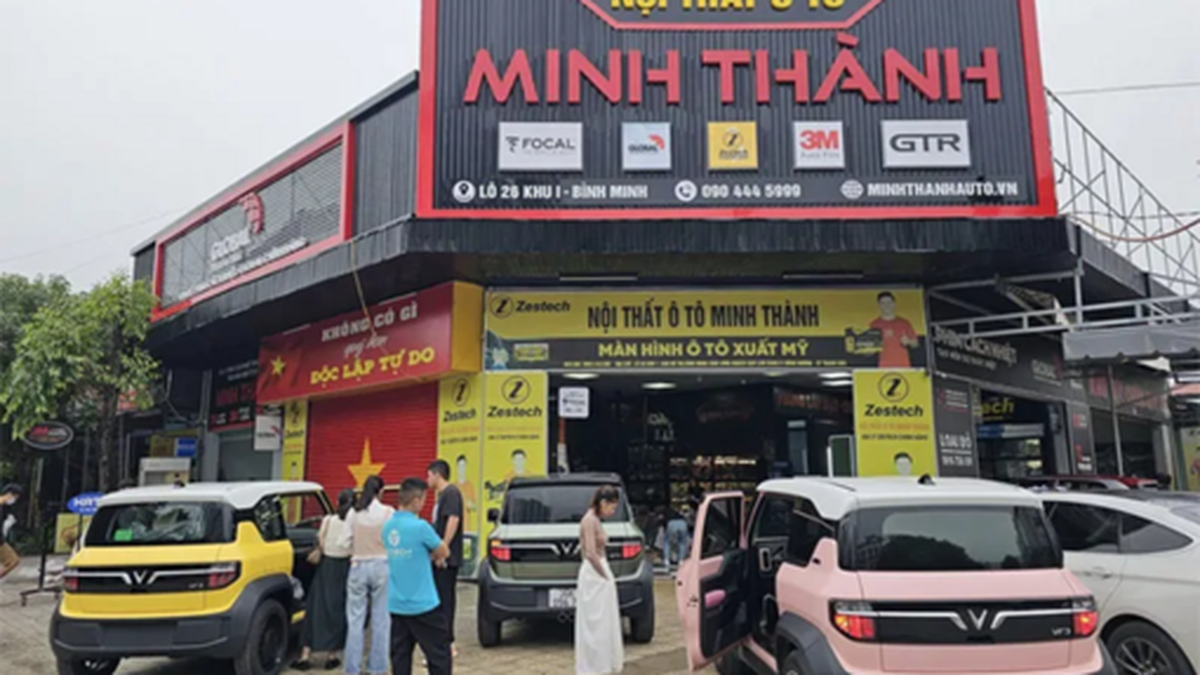
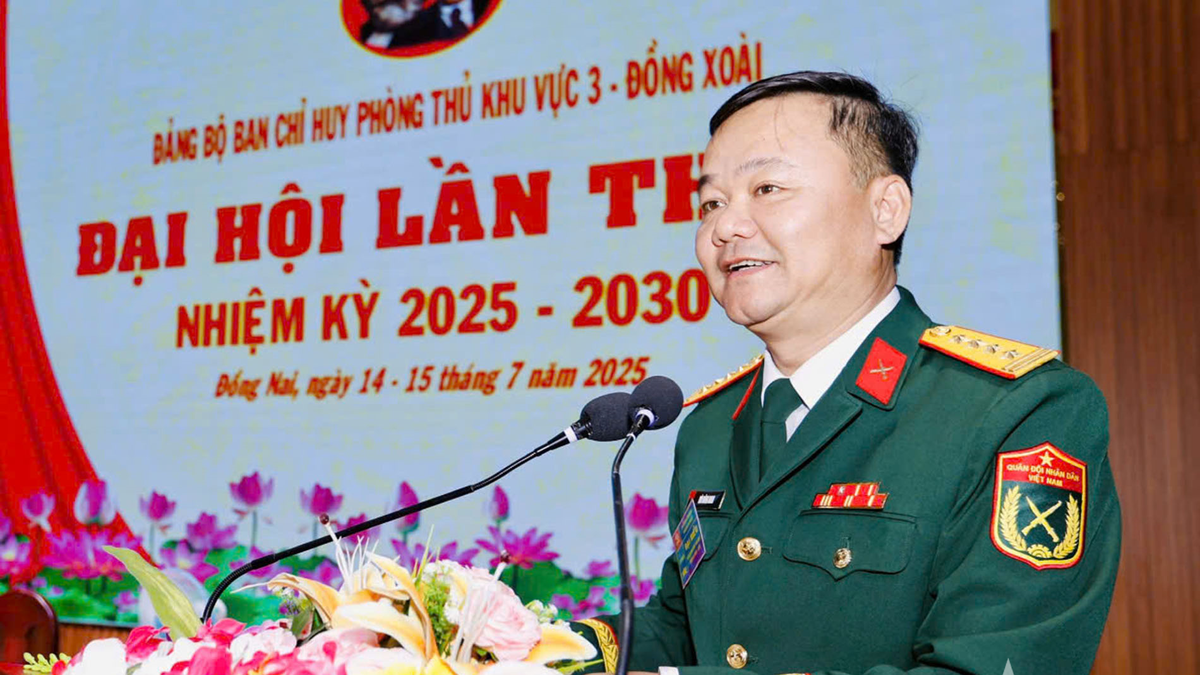
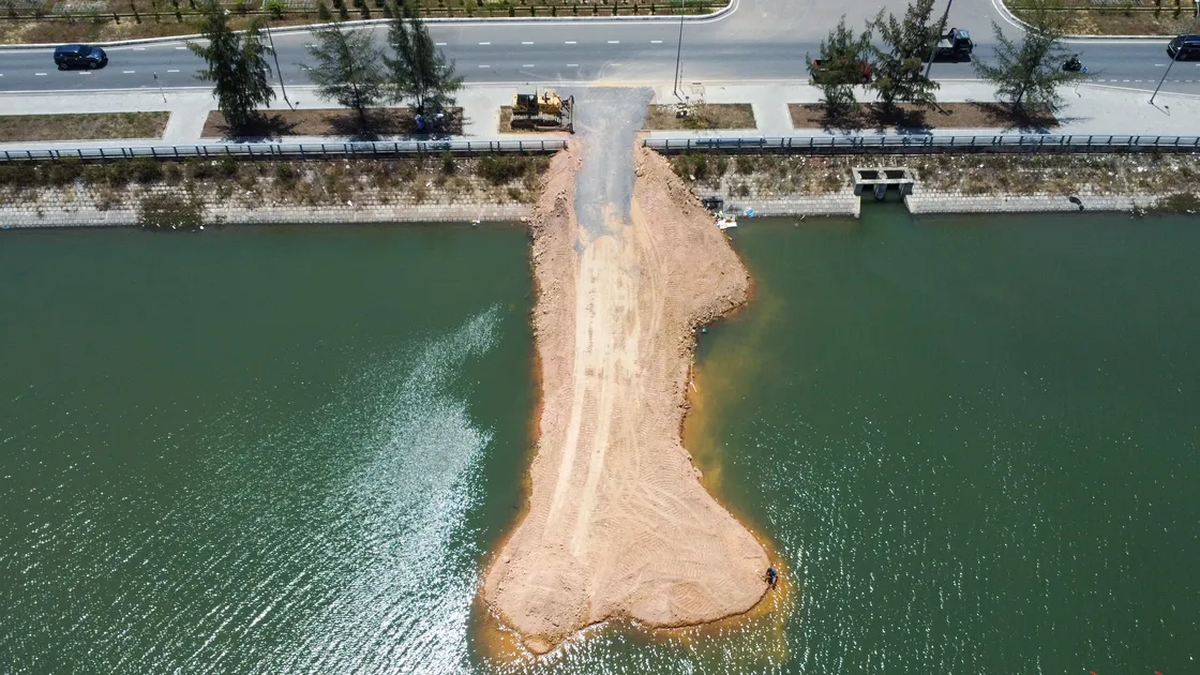

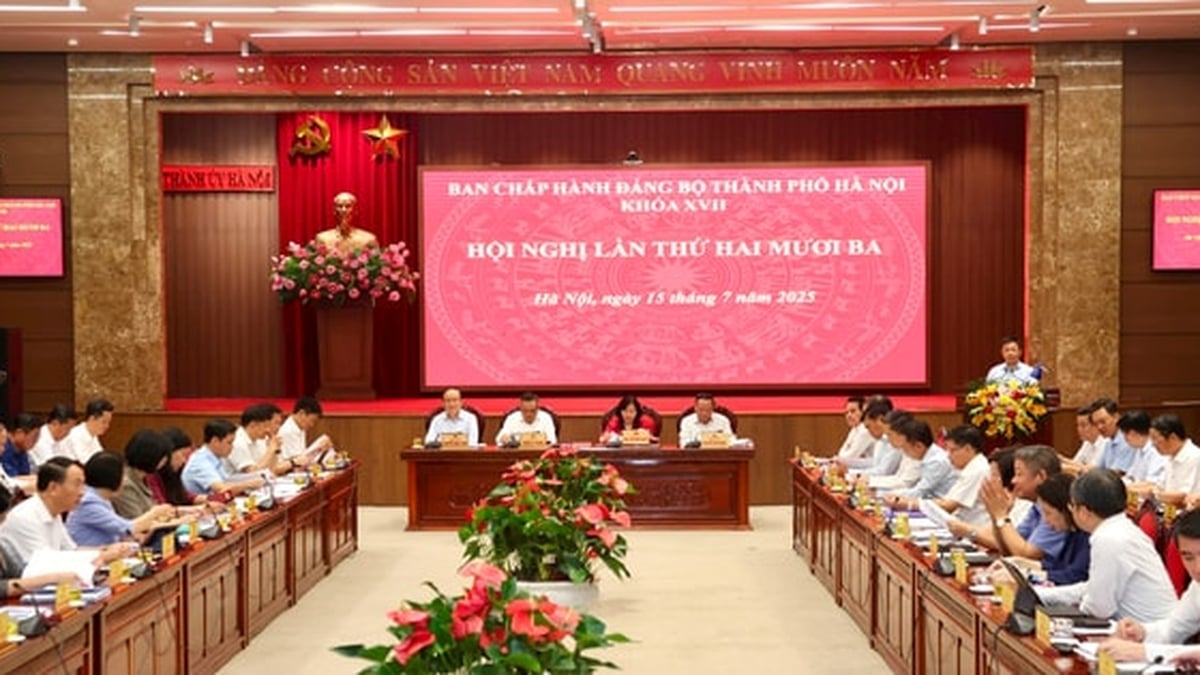


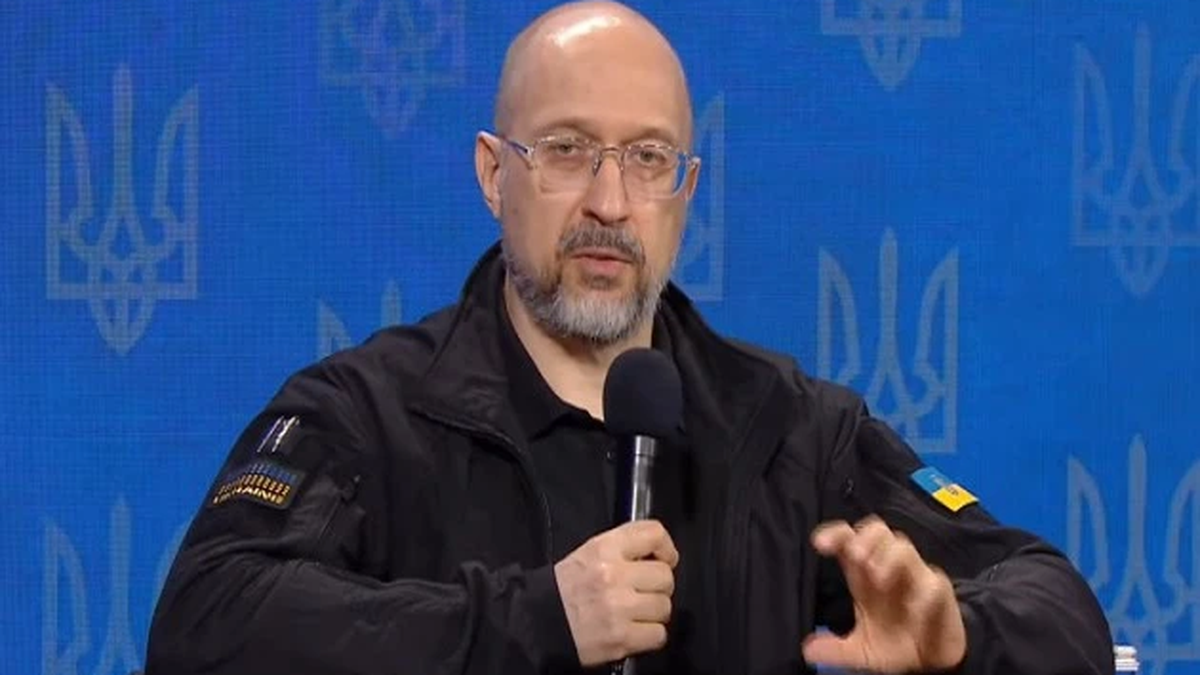










































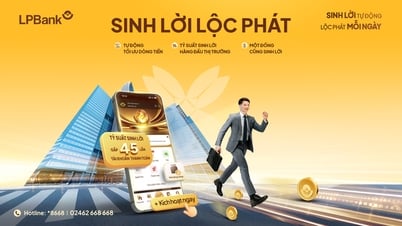

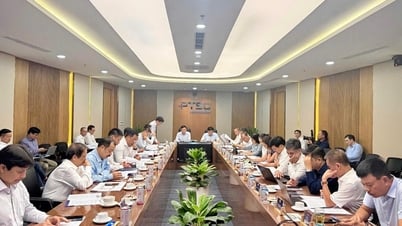



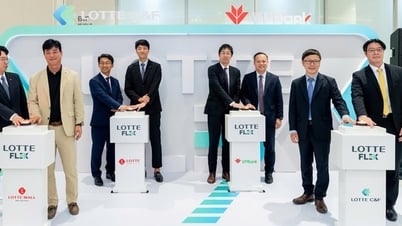








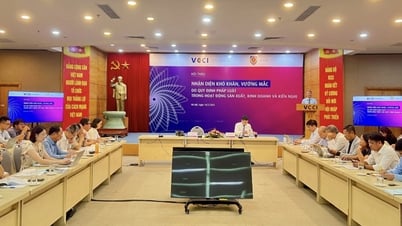



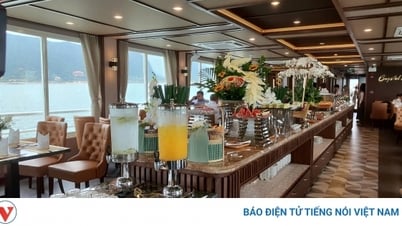

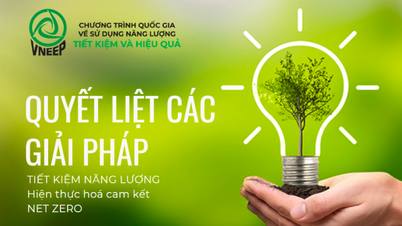














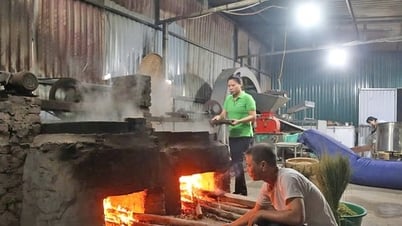











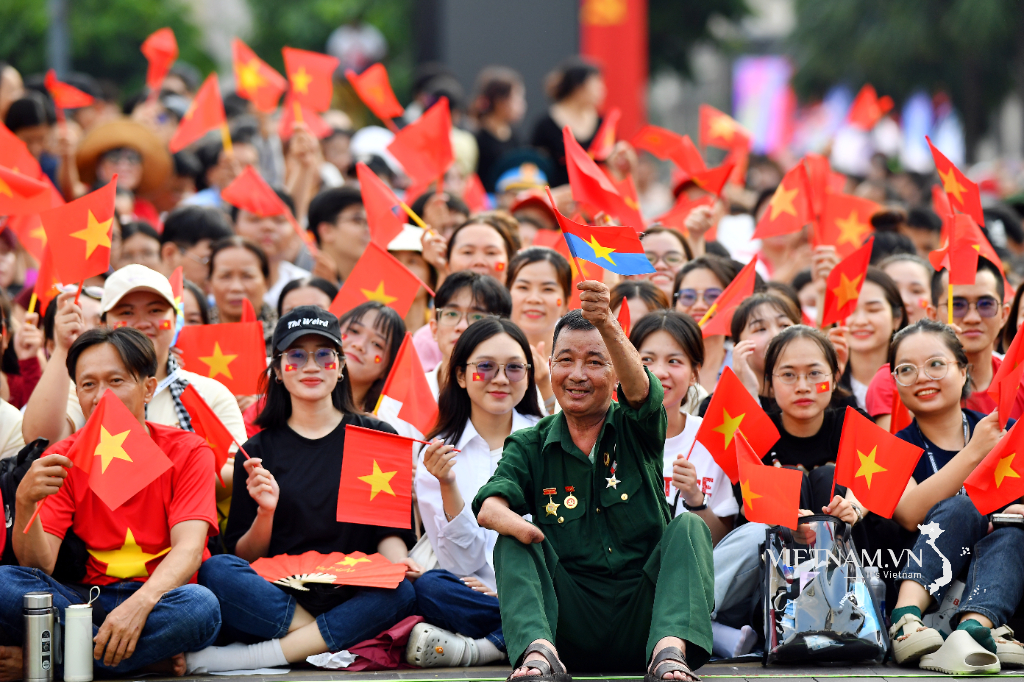
Comment (0)